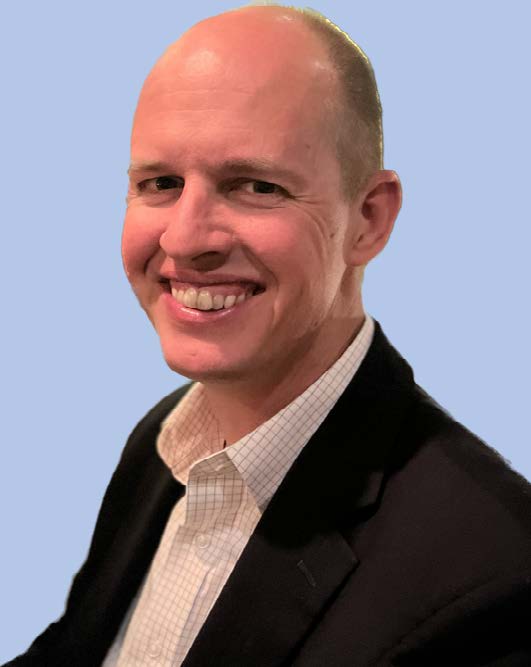Kevin Galloway
Seminar Information

A group of autonomous agents can accomplish certain missions more effectively and efficiently than individuals working alone, which may explain why such collective behaviors are often observed in nature and increasingly implemented in robotic applications (such as environmental monitoring, search and rescue, and
military surveillance). In large groups, it is typically not possible for each agent to communicate with or directly sense every other agent in the collective, and therefore group behaviors must be generated based on local interactions between neighbors. In this talk we will explore the use of dyadic pursuit interactions as an effective
building block for collective motions. Such interactions can be described in terms of pursuit strategies, which provide an intuitive method for prescribing desired geometric relationships between autonomous agents. These strategies can be executed in robotic contexts by means of feedback-based pursuit laws such as the constant
bearing (CB) pursuit law. This talk will survey various pursuit strategies as well as pursuit graphs (i.e. network topologies), and demonstrate from a design perspective how control parameters can be selected to synthesize desired collective motions. Additionally, I will describe a novel method for labeling landmarks and vehicles
with markings that can be detected and decoded by Lidar, as a step towards enabling camera-free implementation of the control methodologies described in the talk.
Kevin Galloway is an Associate Professor in the Electrical and Computer Engineering Department at the United States Naval Academy in Annapolis, Maryland, where he has served since 2013. He received the B.S. degree in Systems Engineering from the Naval Academy in 1997 and served on active duty in the U.S. Navy for seven years after graduation. Upon leaving active duty, he obtained his Ph.D. degree in electrical engineering from the University of Maryland, College Park in 2011, where his thesis work on cyclic pursuit and collective control was advised by Prof. P.S. Krishnaprasad. From 2011 to 2013, he served as a Post-Doctoral Research Fellow with the Department of Electrical Engineering and Computer Science, University of Michigan, Ann Arbor, where he developed control methodology for robotic bipeds. His research interests focus on coordinated control of nonlinear systems, and include collective control of autonomous mobile agents, sensor technology to enable such control methodologies, and robotic-legged locomotion.
